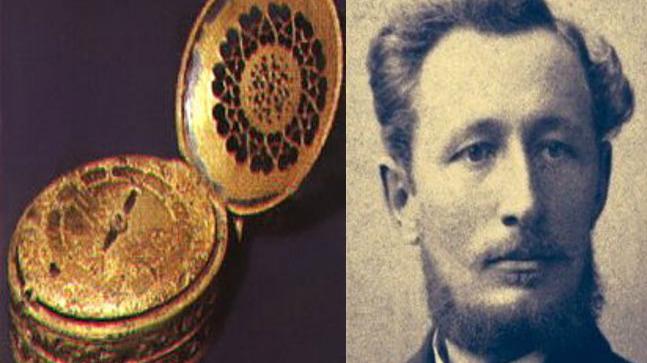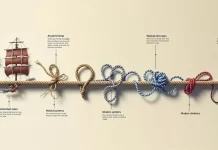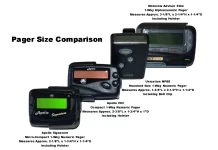The History of The First Watch, Then it happened at the beginning of the 16th century. The German Peter Henlein from Nuremberg made the first portable clock with a spring mechanism. This is seen as the first watch. People also called these watches the Nuremberg eggs, because of the oval enclosure.

Who invented the watch and why? For the emergence of the watch we have to go several hundred years back in time. Back to the 15th century which began the history of the watch.
Explorers needed the time to navigate at sea. The latitude could already be accurately determined on the basis of the stars, but for the longitude was the local time needed. If the clock was one minute wrong, that was already a deviation of 28 km in the tropics. So the origin of the watch stemmed from the need for a precise navigation tool.
The history of the watch started with the so-called quadrans, a disc which could be determined on the basis of protractors what time it was. The first mechanical clocks which were accurate enough worked with a pendulum. This clock needed to hang quietly, so it was not suitable for sea or pocket.

The origin of the watch
Then it happened at the beginning of the 16th century. The German Peter Henlein from Nuremberg made the first portable clock with a spring mechanism. This is seen as the first watch. People also called these watches the Nuremberg eggs, because of the oval enclosure. It was still an art to let the mechanical watch run accurately. The Swiss mechanics Jacob Zech and Gruet changed this with their innovation. They build a mechanism that provided great resistance when the spring was tightly wound.
Next step in the watch history
The gears were made of copper around 1550. This was a nice improvement, because the first parts were faulty. Copper is finer editing, making the clock more accurate. As you can imagine, this was a very expensive process involving many needlework. Therefore a watch was already a status symbol back then.

History of watches: The wristwatch
The next step in the history of the watch was made in 1675 by Englishman Robert Hooke and Dutchman Christiaan Huygens. They created separate from each other a structure where the spring ran balance wheel. Due to different knowledge sharing and many needlework, the watch was far enough developed in 1762, that it was accurate enough for navigation.
The wristwatch was invented at the end of the 19th century and mainly seen as a woman’s jewellery. The First World War had a profound influence on the history of the watch. Soldiers started to wear watches on the wrist, so they could read time more quickly in the heat of the battle. With this came also the demand for quality watches.
The first quartz watch was just created mid-19th century. This watch, powered by battery, almost meant the demise of the traditional watchmakers. Because the quartz watch is a lot cheaper than a mechanical watch.






